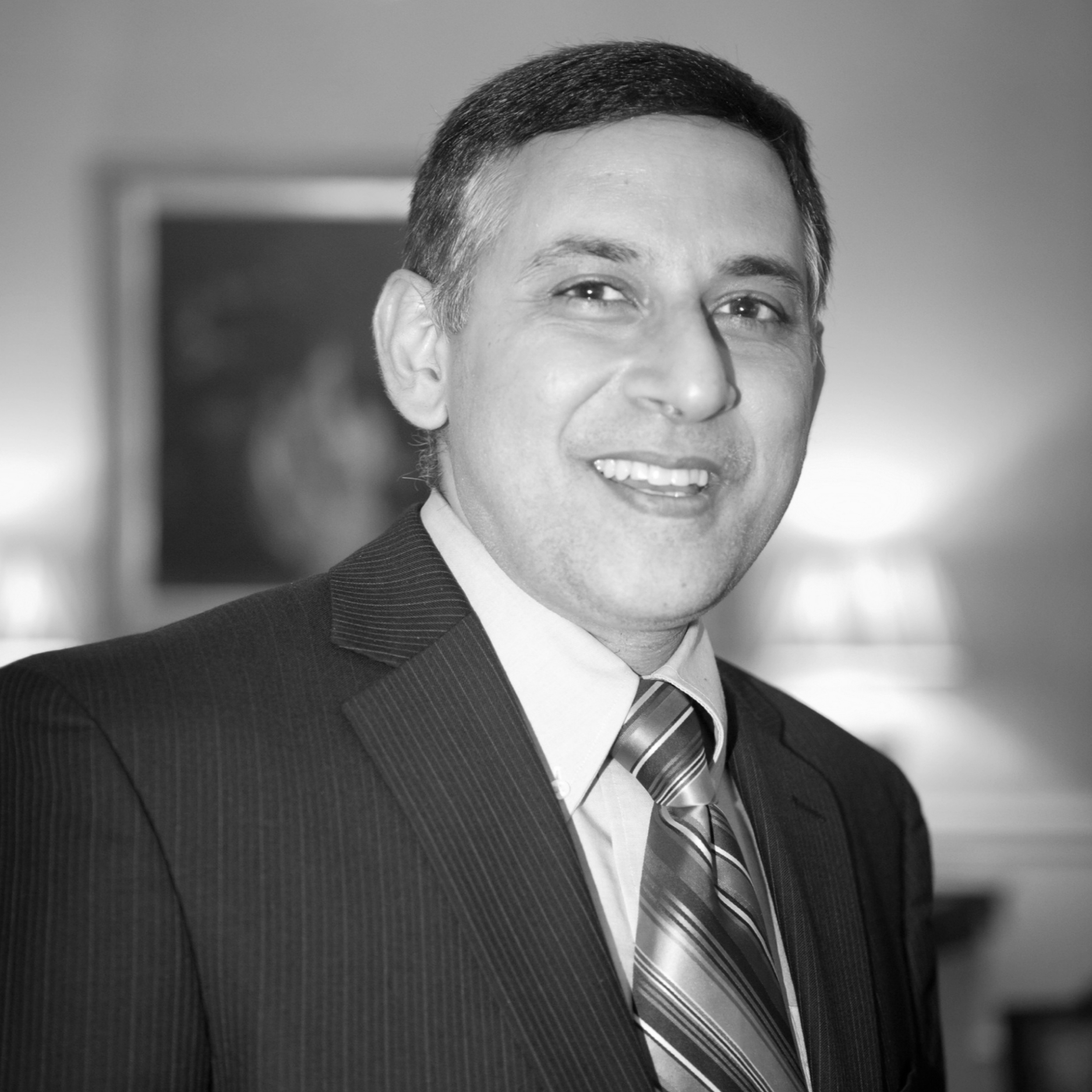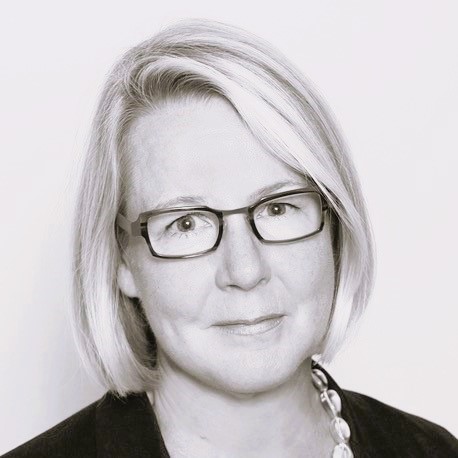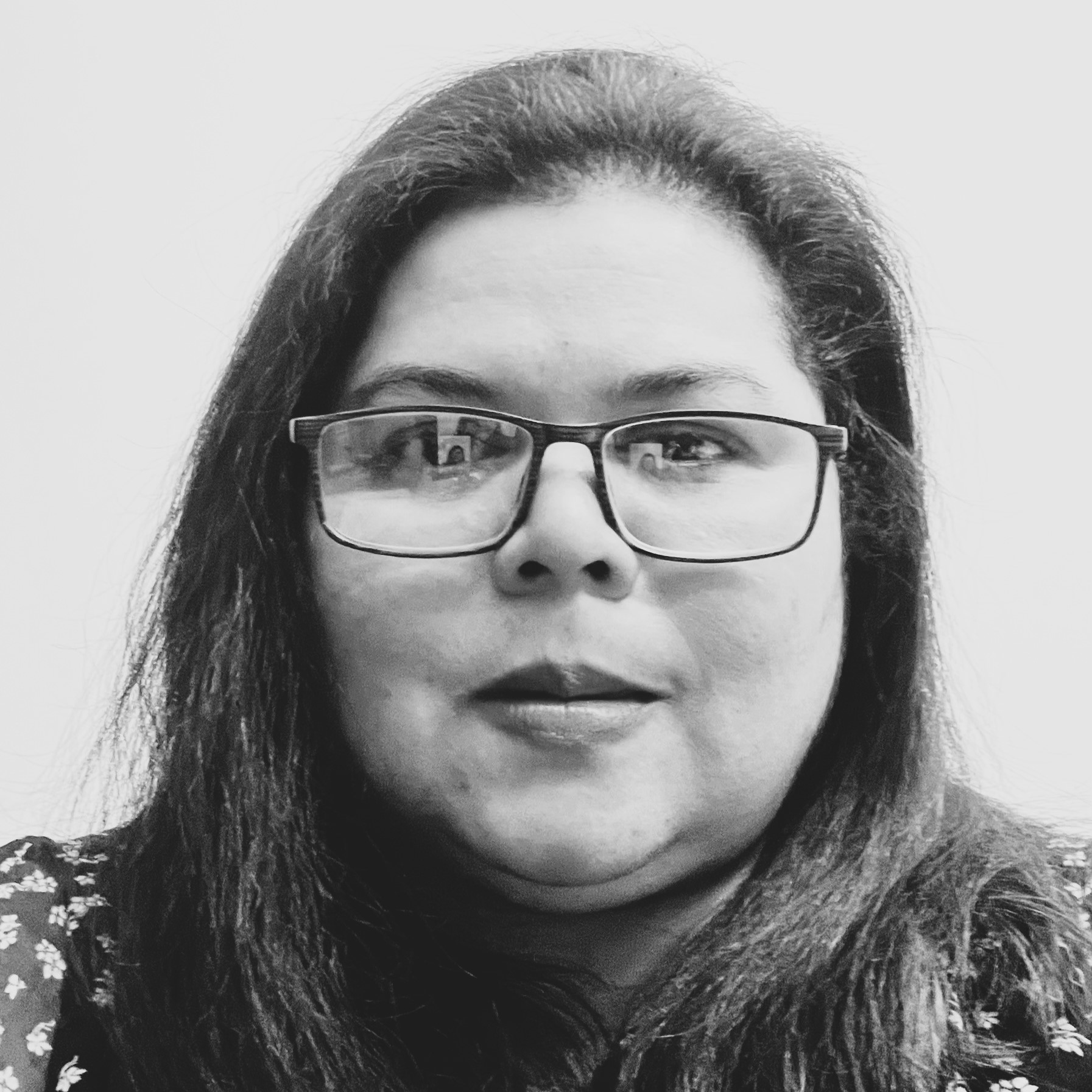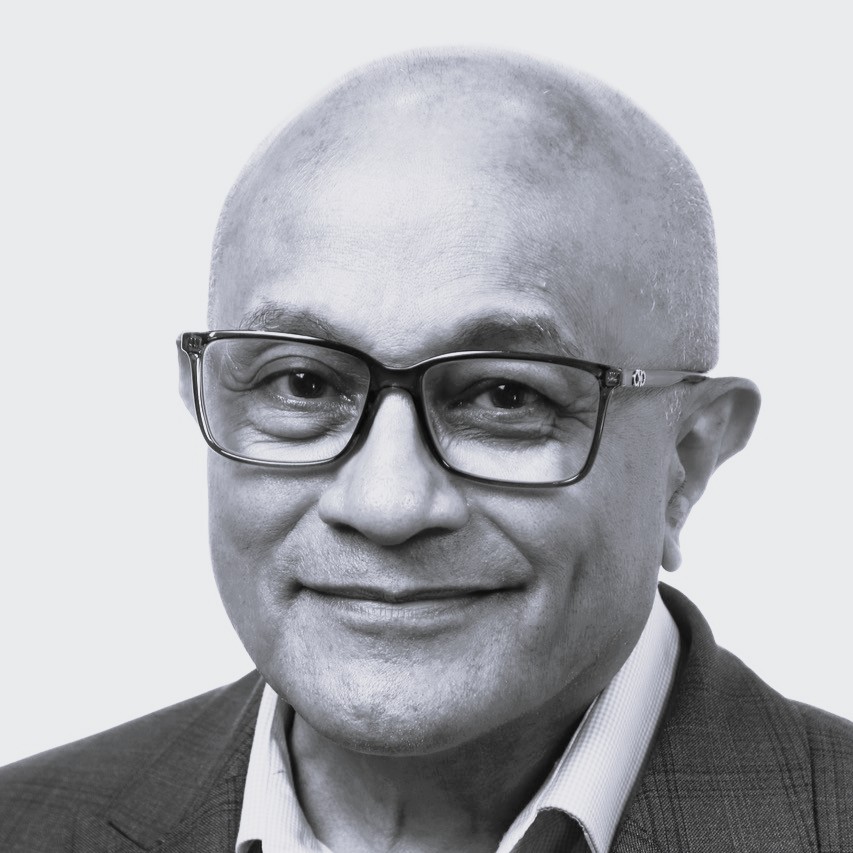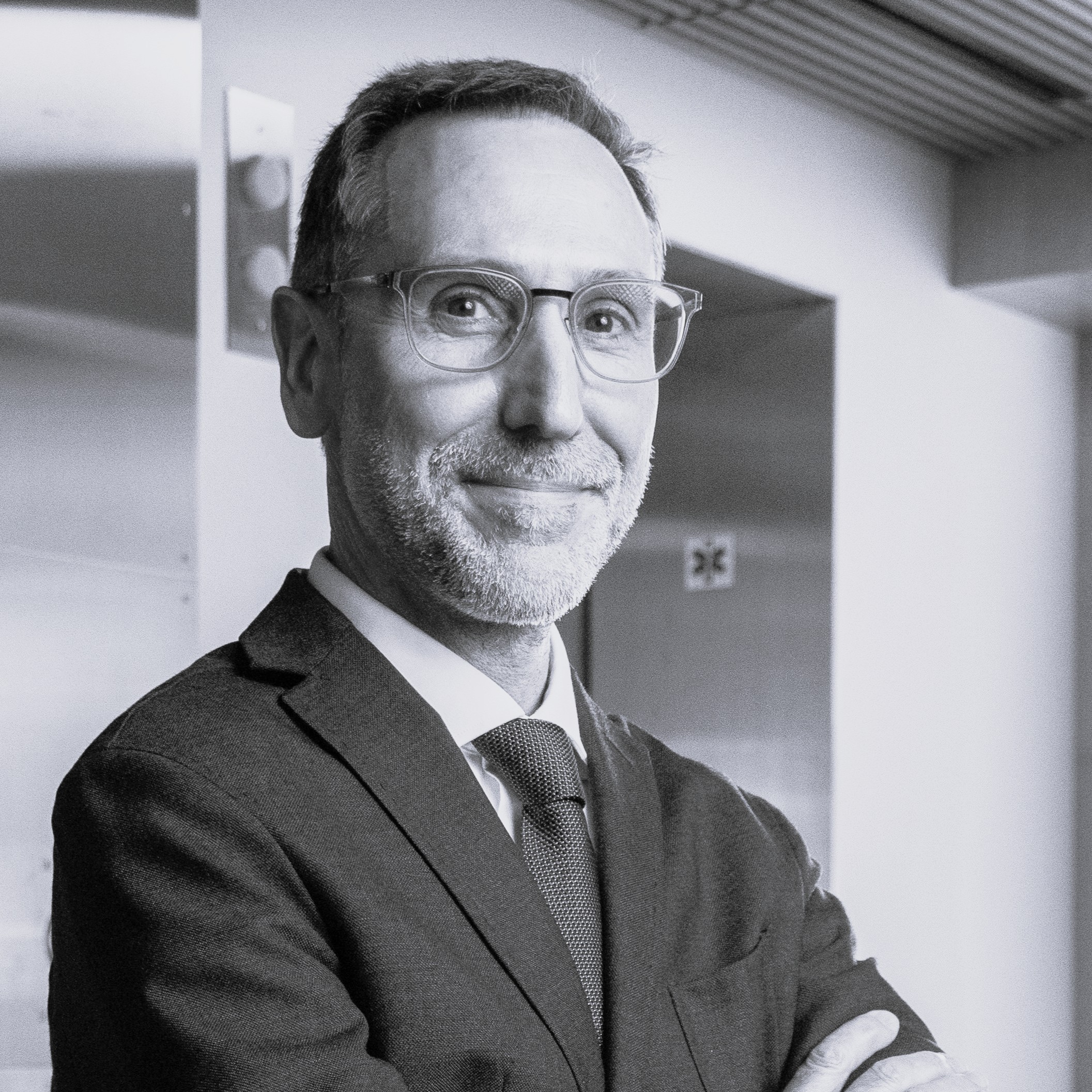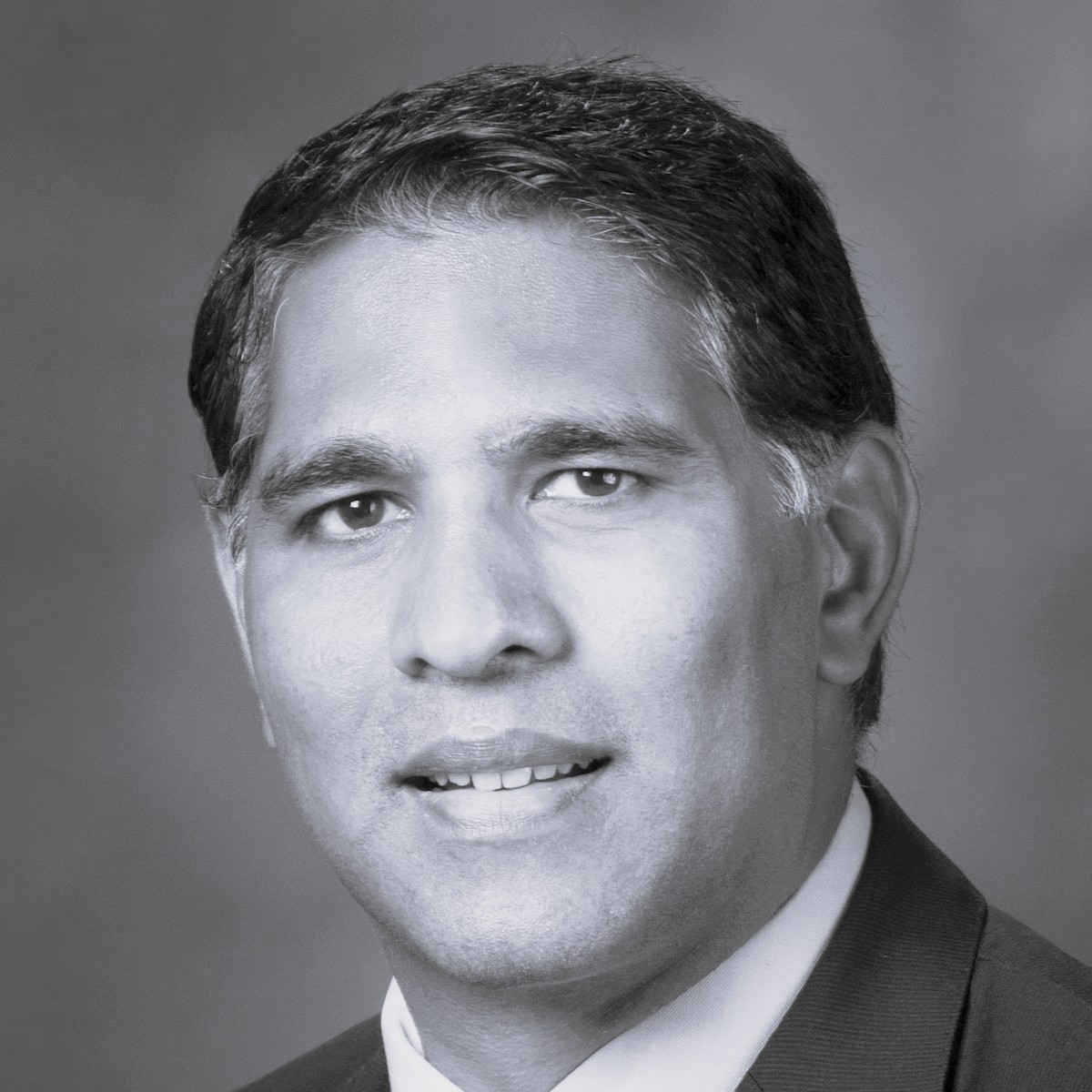Developing transformative VINCOBODY therapies
Our Values
We are a values-based organization driven to improve the lives of patients with next-generation therapeutics.
We use the following principles to guide our work:

Dedication to our shared mission

Strong relationships based on open communication

Integrity and honesty at every step

Agility and innovation within the evolving therapeutic landscape
Meet the Team
Vicero has assembled a highly qualified team of industry veterans to advance our portfolio of targets. We have a proven track record of successfully developing and commercializing blockbuster therapeutic products in a broad range of indications, including oncologic diseases.

Founding Scientific Innovator
Professor of Infectious Disease, Tufts University
Global Health Scientific Innovator
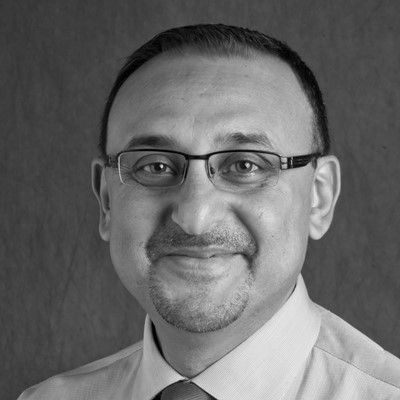
Professor of Pathology and Medicine, University of Pittsburgh
Director, Pittsburgh Liver Research Center
UPMC Endowed Chair for Experimental Pathology
Strategic Collaborations
We have developed strong collaborations with key institutions at the forefront of VINCOBODY research.
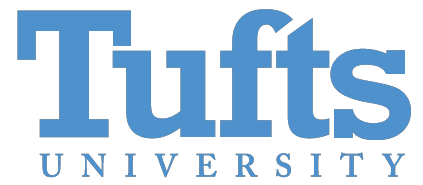

Vikram Kansra, PhD
Founder and Chief Executive Officer
Vikram Kansra brings 25 years of experience in the biotechnology industry to Vicero, including significant contributions to the development and approvals of Velcade® (multiple myeloma and mantle lymphoma), Entyvio® (ulcerative colitis and Crohn’s disease), Opdivo® (several cancers), Yervoy® (melanoma), Copiktra® (chronic lymphocytic leukemia and follicular lymphoma), Xpovio® (multiple myeloma and diffuse large B-cell lymphoma), Tazverik® (follicular lymphoma and epithelioid sarcoma), and others.
With a focus on organizational excellence and full integration of high-performance teams with diverse backgrounds, Vikram’s leadership enables Vicero to successfully meet the demands of the regulatory and marketing environment, bringing next-generation nanobody therapies from the bench to the clinic and beyond.
Juan Carlos Lopez-Talavera, MD, PhD
Scientific Advisor
Juan Carlos Lopez-Talavera is a global leader in pharmaceutical research & development and medical affairs, and an established researcher with over 50 peer-reviewed publications. Dr. Lopez-Talavera has over 25 years of experience in leading programs at all pipeline stages—from target identification and pre-clinical development to clinical trials and patient engagement for approved therapeutics. Most recently, Dr. Lopez-Talavera is serving as Chief Medical Officer at Fractyl Health and previously at Enterome Biosciences. In prior management roles at Roche, Bristol-Myers Squibb, Abbvie, and Intercept, Dr. Lopez-Talavera led and contributed to the development and approvals of several hepatitis B and C therapies, including Pegasys®, Copegus, Entecavir, Daclinza, Asunaprevir, Pegifnlambda, and Viekera/Viekera Pak, as well as Ocaliva® for primary biliary cholangitis (PBC).
After receiving MD and PhD degrees in hepatology from Universidad Autónoma de Barcelona, Dr. Lopez-Talavera completed a post-doctoral fellowship at Yale University and served as an Assistant Professor at the University of Pittsburgh.
Charles Shoemaker, PhD
Founding Scientific Innovator
Professor of Infectious Disease
Global Health Scientific Innovator
Dr. Charles B. Shoemaker is a Professor of Infectious Disease and Global Health at the Cumming School of Veterinary Medicine at Tufts University. Dr. Shoemaker currently leads research focused on the development and application of therapeutic biomolecules for treating a wide variety of infectious diseases and biodefense threats. Dr. Shoemaker has employed VHH-based neutralizing agents (comprised of the VH region of heavy-chain-only antibodies) to create successful therapies for a variety toxin-mediated diseases such as pathogenic E. coli infections, Clostridium difficile, and shigellosis, as well as exposure to toxins, including anthrax, Botulinum neurotoxins, and ricin. VHH-based agents are also being developed as toxin and infectious disease diagnostic tools. In addition to NIH support for antitoxin development, the Shoemaker lab is also funded by the Bill and Melinda Gates Foundation to develop VHH-based agents that prevent and/or treat enteric infections by diarrheal disease pathogens.
After receiving his PhD in Biochemistry from the University of Iowa, Dr. Shoemaker completed a postdoctoral fellowship in the laboratory of Dr. David Baltimore, Nobel Laureate, at the Massachusetts Institute of Technology. After completing his fellowship, Dr. Shoemaker served as one of the founding scientists at Genetics Institute, Inc., where he led drug development projects that resulted in approvals for multiple pharmaceutical agents currently on the market. In 1987, Dr. Shoemaker joined the faculty at Harvard University, where his research focused on reducing the burden of worm parasitic diseases in developing areas of the world. Following his tenure at Harvard, Dr. Shoemaker led the Animal Research Unit at AgResearch in New Zealand, where his team worked to reduce the impact of disease on the animal industry and to leverage this knowledge to benefit human health.
Pallavi Tawde, PhD
Chief Technology Officer
Pallavi has extensive experience in the biopharmaceutical industry, contributing towards discovery & drug development of high-value biotherapeutics. With her effective leadership, she has successfully driven programs from Discovery-to-Preclinical to Early Clinical Stage. Pallavi’s broad experience encompasses building pioneering technology platforms and drug product plus process development of various therapeutic modalities (monoclonal antibodies, bispecific antibodies, protein-fusions, ADCs, and VHHs). Her therapeutic areas of interest include immuno-oncology, infectious diseases, virology, autoimmune, and neurodegeneration.
In her prior roles at Pfizer, BMS, Denali, and most recently Novasenta, Pallavi has built and transformed cross-functional teams for enhanced innovation plus operational excellence focused on implementation of state-of-the-art disruptive technologies, project leadership, strategic planning, and competitive intelligence to enrich the R&D pipeline.
With the focus on product and strategic development, Pallavi will enable combining Vicero’s internal robust capabilities with external partners for developing next-generation VHH-based therapeutics to address the huge unmet medical need.
Pallavi has PhD in Cell & Molecular Immunology from Florida State University.
Alison Finger, MBA
Chief Operating Officer
Alison has over 30 years of biopharmaceutical leadership experience developing and commercializing market leading therapies that have changed clinical practice and patients’ lives. Therapeutic areas include Gene and Cell Therapy, Oncology, Neurology, Virology, and Diabetes. She has launched products in the US, Europe, Asia, and globally. She spent over two decades at Bristol-Myers Squibb as Vice President and Franchise Lead for Virology, Hematology, and Neuroscience, as well as Managing Director for Australia and New Zealand. She was Chief Commercial Officer at bluebird bio, where she led the strategy and build evolving bluebird from clinical stage to a fully integrated, commercial-ready company. She serves as an Independent Director for ADMA Biologics, Inc. and KeifeRx. Alison previously held Board positions at Decibel Therapeutics and Vascular Biogenics.
Alison has a BA from St. Lawrence University and an MBA from Duke University Fuqua School of Business.
Han Myint, MD
Chief Medical Officer
Dr. Myint brings more than three decades of healthcare experience in both academia and industry to Vicero, with an in-depth scientific knowledge of solid tumors and expertise in hematological malignancies and stem cell transplantation.
Most recently, Dr. Myint was the Chief Medical Officer of NextCure and NexImmune, where he led clinical development of novel therapies targeting the tumor microenvironment, immune cells, and cells-of-origin in various solid tumors and hematological malignancies. He has also served as the Vice President of Global Medical Affairs and the Myeloid Diseases Lead at Celgene Corporation, where he played a central role in the successful launch and FDA approval of several treatments for myeloid disorders.
Prior to joining the biopharmaceutical industry, Dr. Myint practiced medicine as a hematological oncology specialist and conducted clinical and laboratory research at multiple prestigious academic institutions in the UK and USA. He served as the founder and Director of the Hematological Malignancies and Stem Cell Transplant Program and Professor of Medicine at the University of Colorado – Denver, which is widely recognized among the world’s leading stem cell transplantation centers. Additionally, Dr. Myint has served as a Board member of the Leukemia and Lymphoma Society – Denver Chapter and the Bonfil Blood Center; an emeritus member of the American Society of Clinical Oncology and the American Society of Hematology; and a Fellow of the American College of Physicians, Royal College of Physicians of Edinburgh, the Royal College of Physicians and Surgeons of Glasgow, and the Royal College of Pathologists of United Kingdom.
Elena Chekhova, PhD
Chief Business Officer
Elena brings over 22 years of experience in pharmaceutical development and research experience to Vicero, with a strong focus on oncology. Prior to Vicero, she served as a Chief Operating Officer at Brave Bio, a venture-funded biotech company. She has led drug development activities for over 50 programs, including small molecules, biologics, and gene therapies. Dr. Chekhova has set up successful collaborations with multiple biotech and pharmaceutical companies, and her work has contributed to preparation and filing of over 40 INDs, IMPDs, DMFs, and 2 NDAs in oncology that have led to regulatory approvals. She also spent time at McKinsey & Co. and has served as a Product Development and Business Development professional at multiple contract manufacturing organizations.
Michael Charlton, MBBS
Professor of Medicine
Director, Center for Liver Diseases
Co-Director, Transplantation Institute
Dr. Michael Charlton is a Fellow of the Royal College of Physicians and a Professor of Medicine. He serves as Chief of Hepatology, Director of the Center for Liver Diseases and Medical Director of the Transplant Institute at the University of Chicago. He is Past President of the International Liver Transplant Society. Dr. Charlton previously served as Director of Hepatology and Medical Director of Liver Transplantation and director of transplant research at the Mayo Clinic.
Dr. Charlton has held editorial roles for leading journals, including associate editor for Hepatology, Transplantation, American Journal of Transplantation, and Liver Transplantation, and was a founding Associate Editor for Clinical Gastroenterology and Hepatology. He has served as principal investigator on National Institutes of Health grants, as well as a lead investigator for national and international clinical trials in nonalcoholic steatohepatitis and viral hepatitis. Dr. Charlton serves as a panel member and lead author of international guidelines for immunosuppression and is a writer of AASLD guidelines for the management of hepatitis C and nonalcoholic steatohepatitis. He has authored over 200 original papers.
Paul Monga, MD
Professor of Pathology and Medicine, University of Pittsburgh
Director, Pittsburgh Liver Research Center
UPMC Endowed Chair for Experimental Pathology
Dr. Paul Monga is a leading researcher in the area of liver health and disease, with over 175 peer-reviewed publications and numerous grants from the National Institutes of Health. Dr. Monga’s research lab is generating an improved understanding of the role of cellular and molecular signaling in liver inflammation, development, injury, regeneration, fibrosis, and tumerogenesis, with the ultimate goal of facilitating the development of improved therapeutics for diseases such as liver failure, fibrosis, cancer, and end stage liver disease.
Sumit Subudhi
Scientific Advisor
Sumit Subudhi is an Associate Professor in the Department of Genitourinary Medical Oncology at The University of Texas MD Anderson Cancer Center. As a trained medical oncologist and immunologist, he serves as the principal investigator of multiple biomarker-rich clinical trials evaluating immune checkpoint therapies, bispecific T cell engagers, and vaccines. His translational research focuses on investigating the immunological mechanisms mediating anti-tumor responses and therapy-related toxicities with the ultimate goal of maximizing efficacy and minimizing toxicities for patients with advanced prostate cancer. He also served as lead PI for Prostate Researching Translational Endpoints Correlated to Response (PORTER) clinical trials to inform use of novel combinations, which were sponsored by Parker Institute of Cancer Immunotherapy (PICI) and Cancer Research Institute (CRI). His work has led to the identification of mechanisms associated with resistance to immunotherapies and candidate biomarkers of responses to these approaches.
Antoni Ribas
Scientific Advisor
Antoni Ribas, MD, PhD, is professor of medicine, surgery, and molecular and medical pharmacology at the University of California Los Angeles (UCLA) and director of the Tumor Immunology Program at the Jonsson Comprehensive Cancer Center (JCCC). Ribas is a physician-scientist conducting laboratory and clinical translational research in how melanoma responds or resists to cancer immunotherapies, and developing gene engineered adoptive cell transfer therapies. He has been instrumental in the clinical development of several agents approved by the FDA, including the first anti-PD-1 pembrolizumab (Keytruda), the anti-CTLA-4 tremelimumab (Imjudo), as well as two combinations of BRAF and MEK inhibitors, vemurafenib (Zelboraf) and cobimetinib (Cotellic), and dabrafenib (Tafinlar) and trametinib (Mekinist). He is a past president of the American Association for Cancer Research (AACR), an elected Fellow of the AACR Academy, the American Society for Clinical Investigation, the Association of American Physicians and the US National Academy of Medicine.
